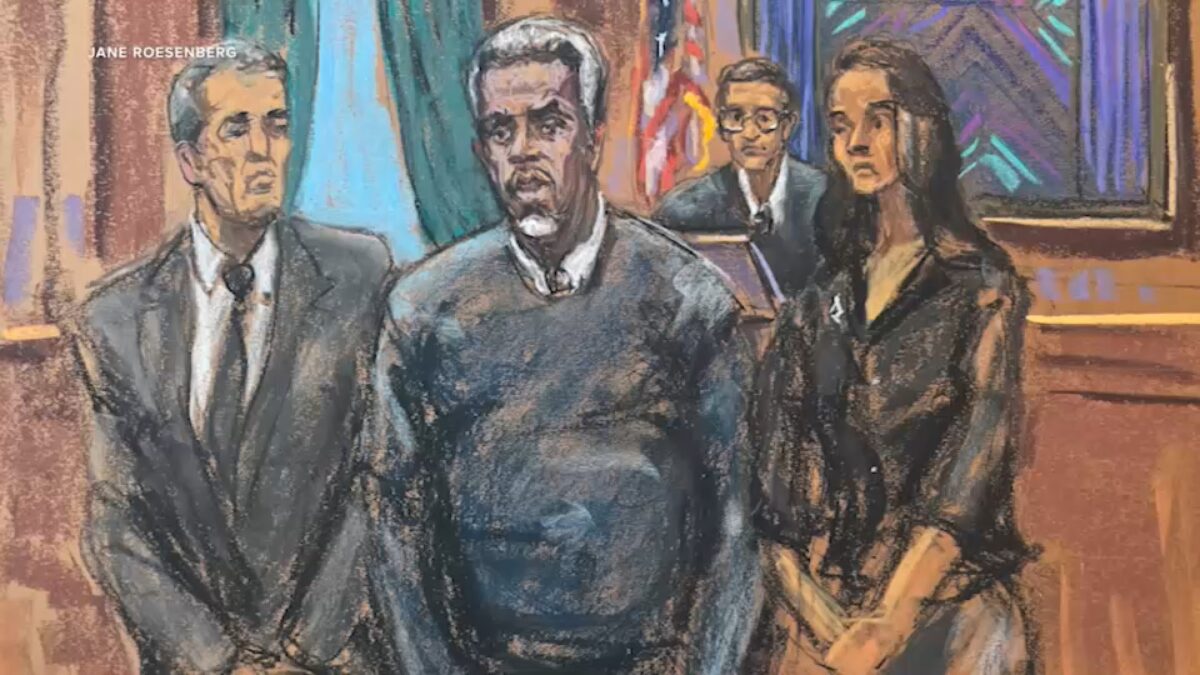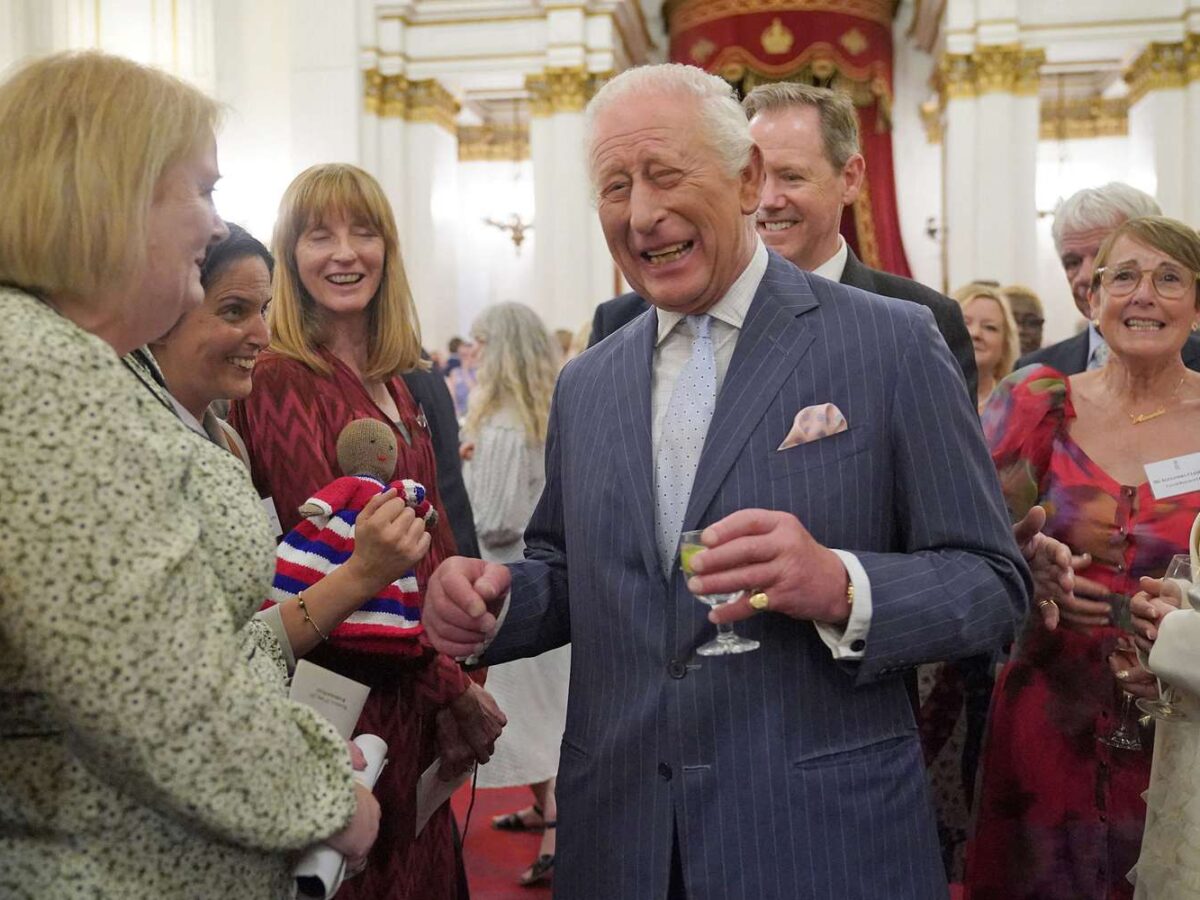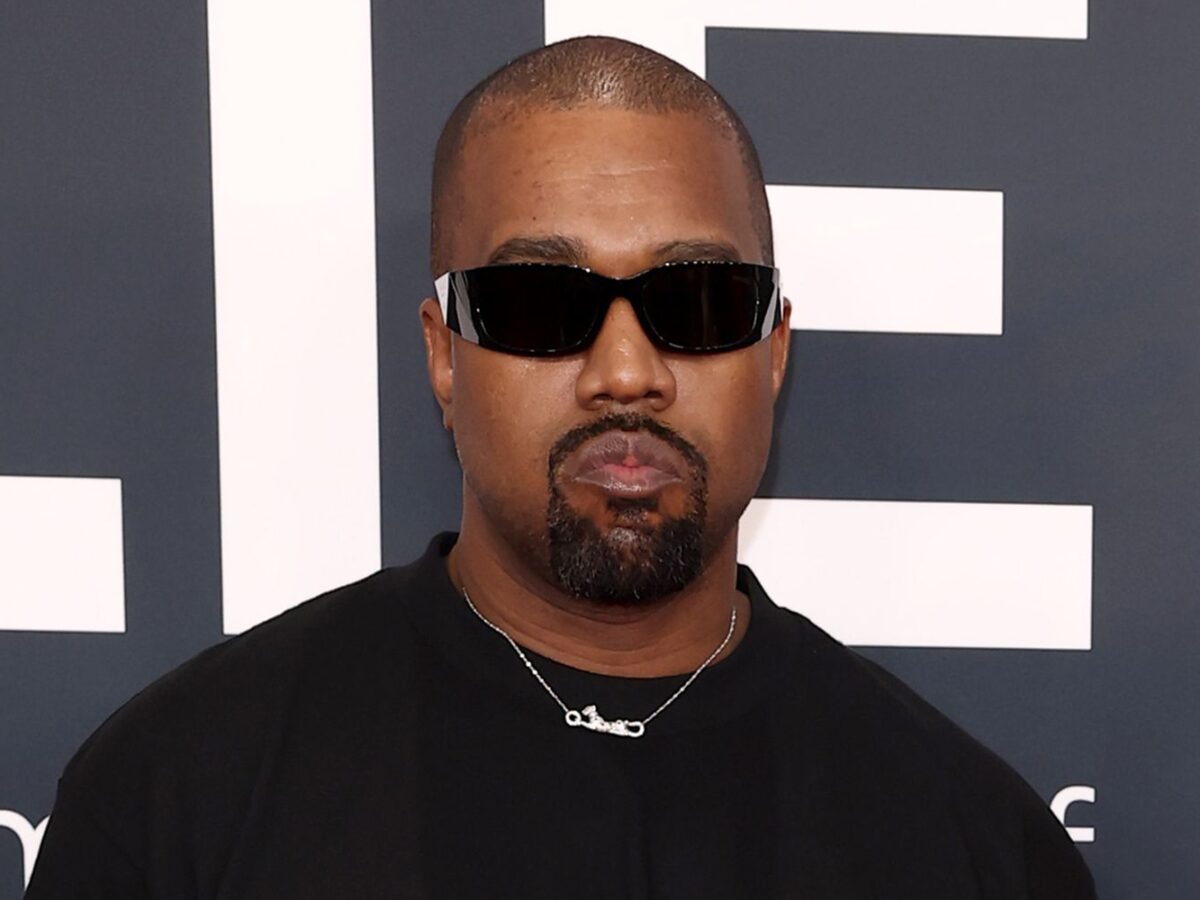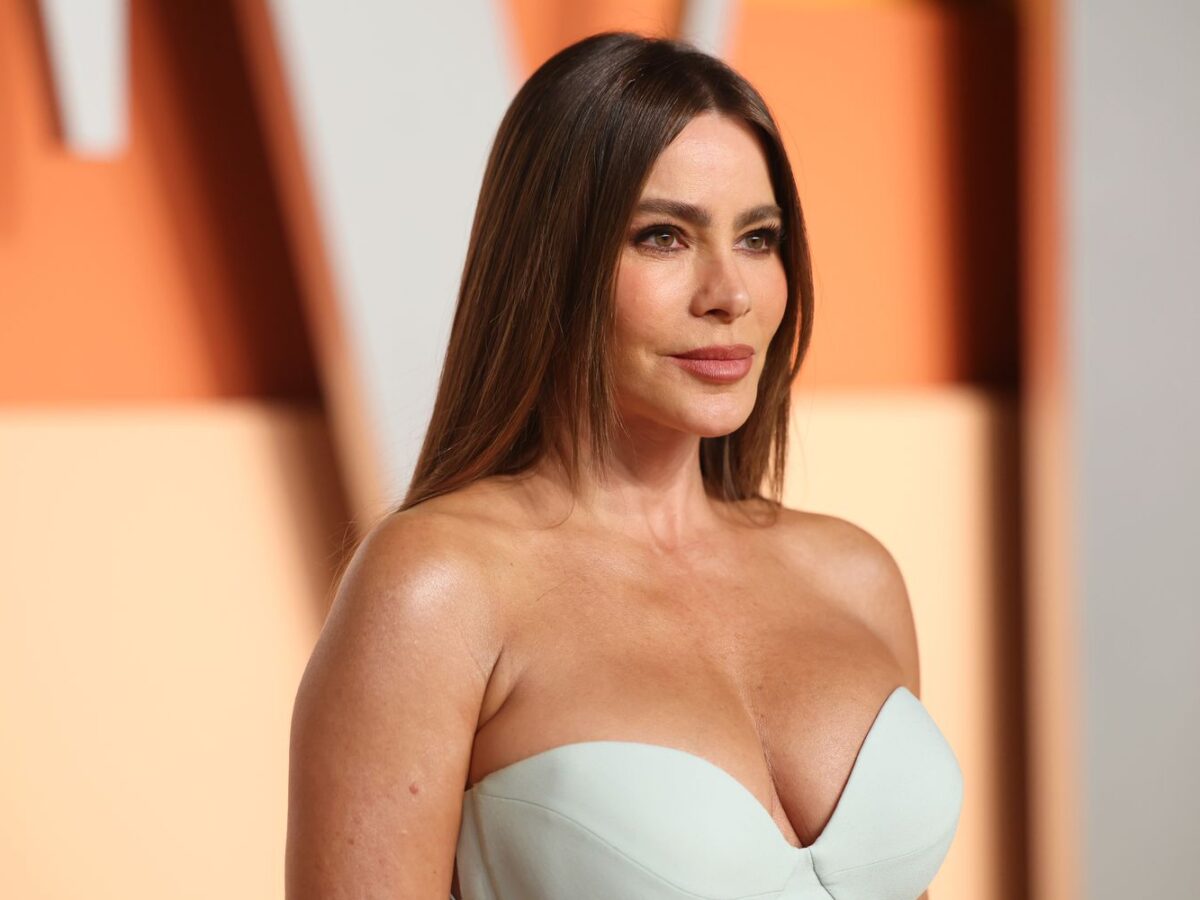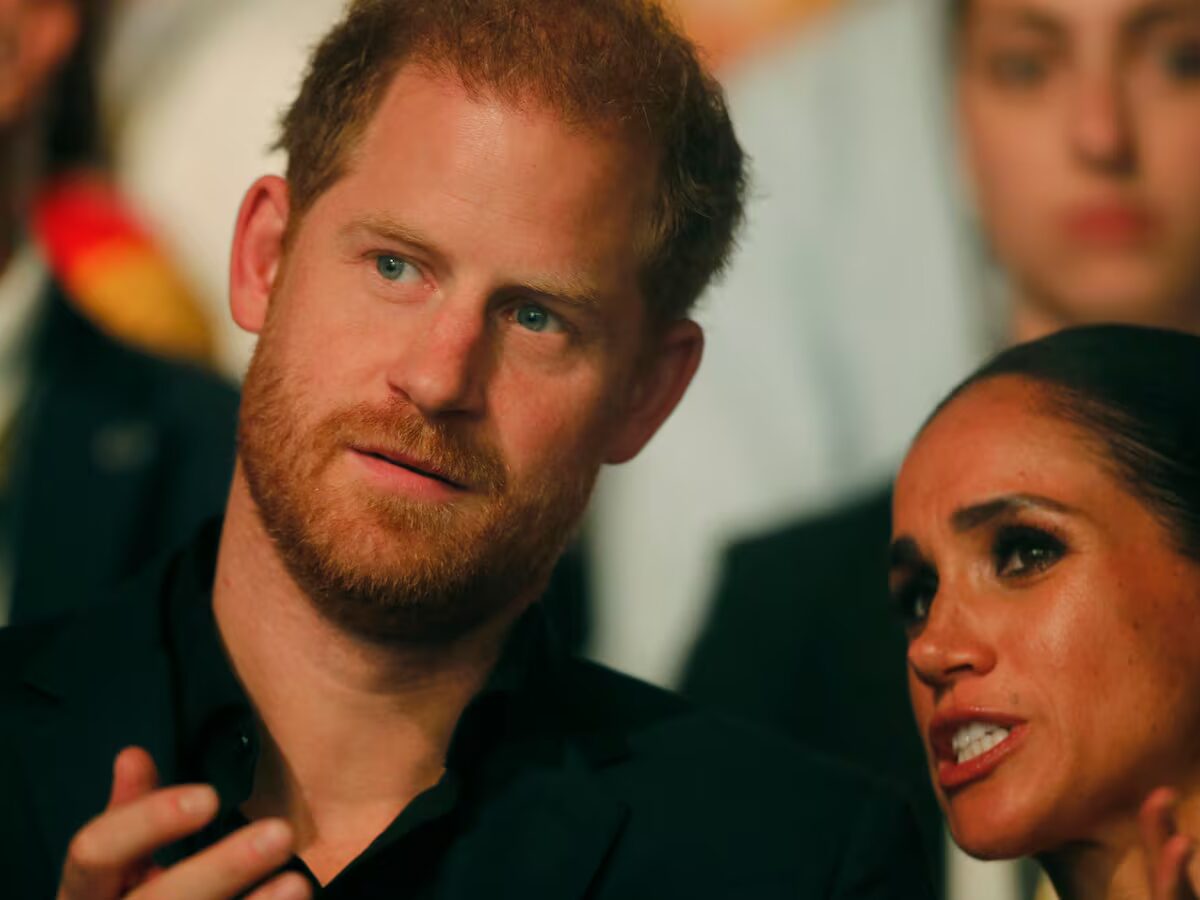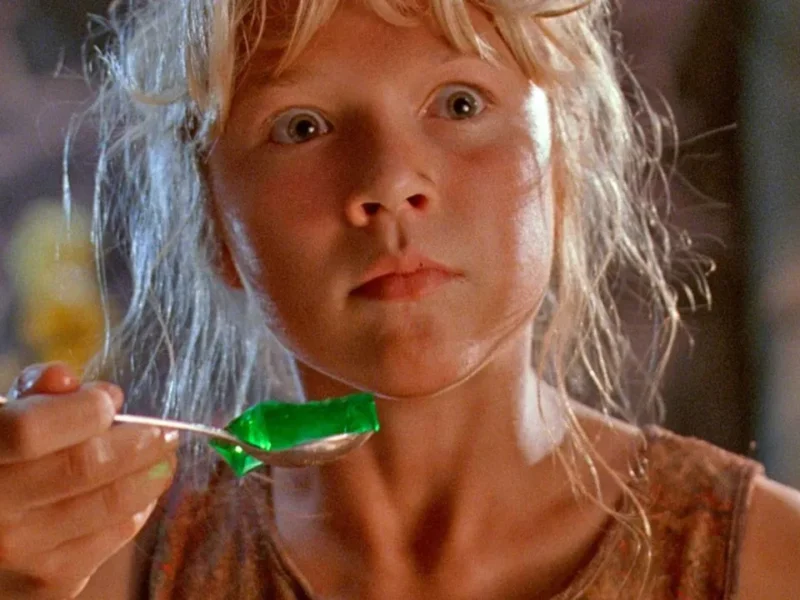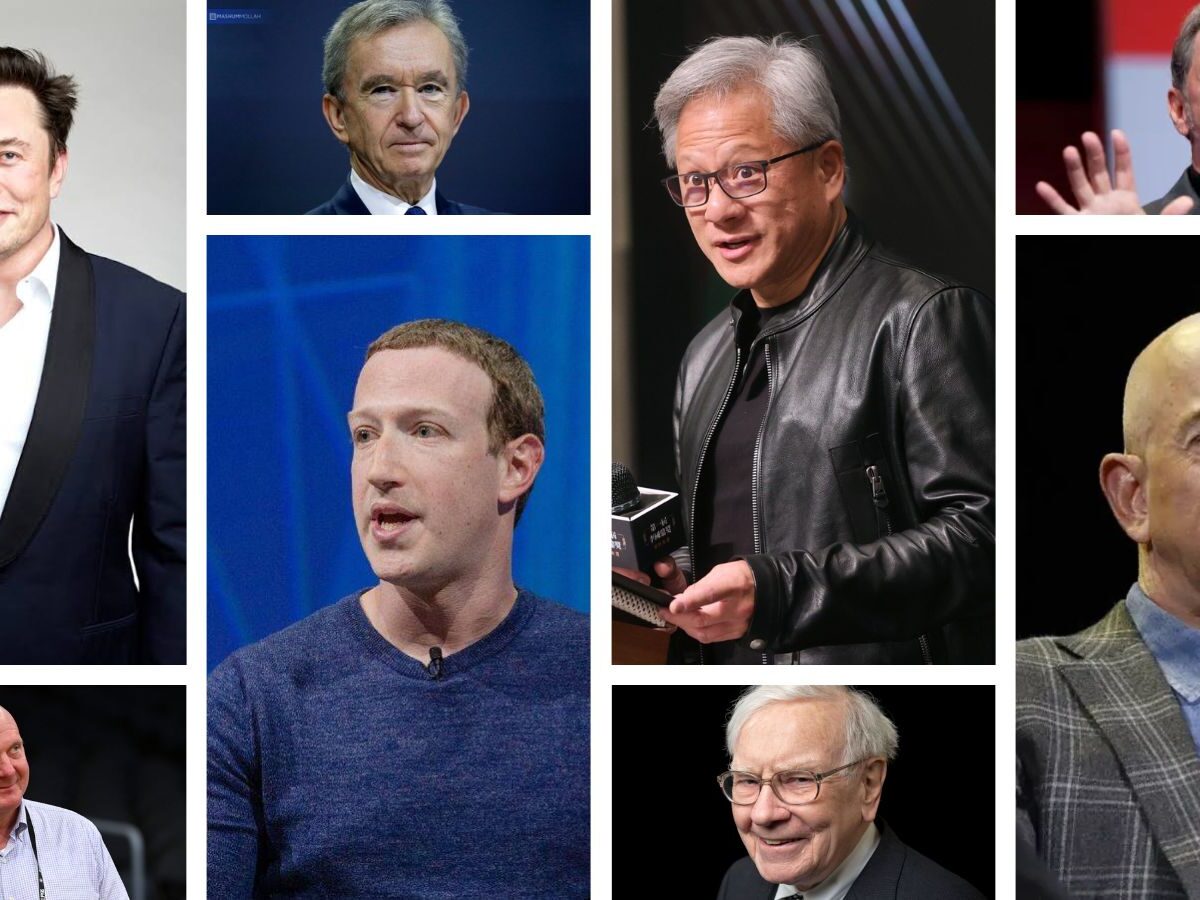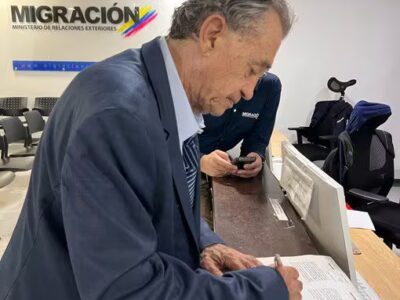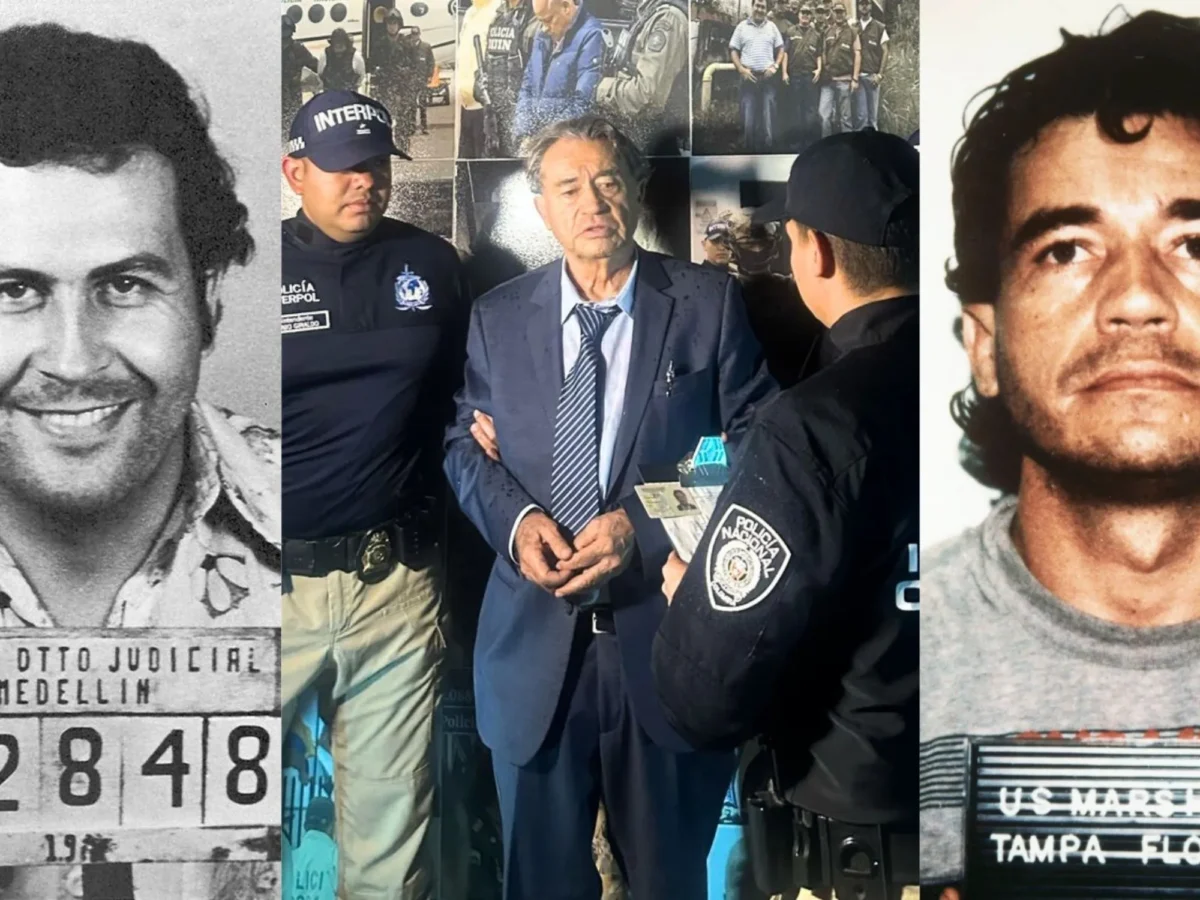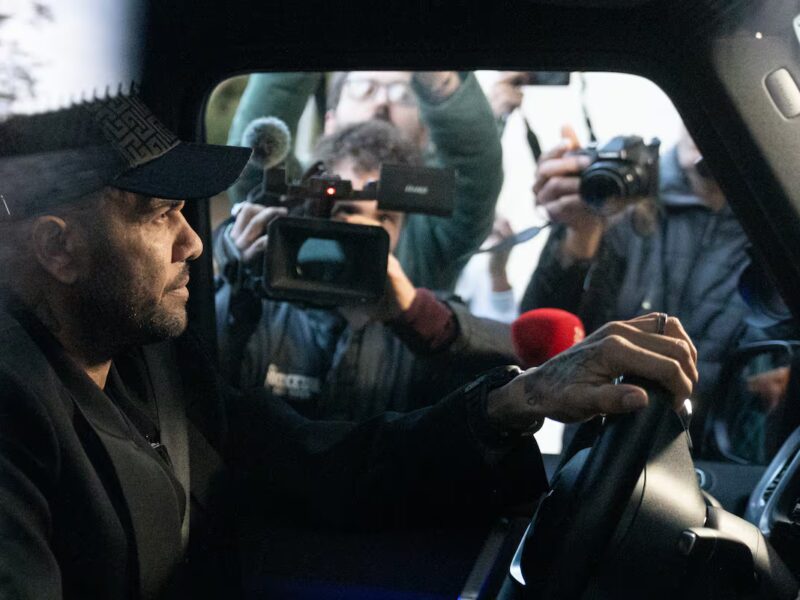Sean 'Diddy' Combs' trial hits an unexpected snag: jury selection chaos amid celebrity bias, strange courtroom moments, and legal hurdles.
The high-profile trial of Sean ‘Diddy’ Combs has taken center stage in New York, as the music mogul faces a sprawling list of federal charges, including sex trafficking, forced labor, obstruction of justice, arson, and bribery. Yet, before the proceedings even reach their evidentiary peak, the case is already confronting a unique obstacle: assembling a truly impartial jury.
Jury selection, a procedural cornerstone of American justice, has turned into a spectacle of its own, complicated by Combs’ immense public profile. As analysts and attorneys wrestle with media saturation and cultural familiarity, the trial illustrates just how difficult it can be to navigate due process when a global celebrity is in the dock.
The Impossible Task: Finding an Unbiased Jury
In a recent piece by Men’s Journal, CNN senior legal analyst Elie Honig articulated the core dilemma: finding jurors who don’t already have strong opinions about Combs. “This is the rare case where you have to go into it assuming that every potential juror knows who the defendant is and knows something about the case,” Honig explained, noting the unprecedented difficulty in identifying individuals capable of rendering a truly fair verdict.
The concern isn’t just familiarity with the defendant. It’s about predispositions formed through years of media coverage, social media engagement, and fan culture. According to Honig, the task now is to “weed out people who simply cannot put aside what they already know and believe.” That includes removing jurors who idolize Combs or, conversely, those who harbor suspicion or disdain toward the victims.
Despite the complications, Honig remains optimistic: “There’s nothing that the courts haven’t dealt with before, but it’s a challenge.”
A Circus in the Jury Box
If the legal arguments are serious, the jury selection process has at times bordered on the absurd. As reported in Men’s Journal and corroborated by several outlets including USA Today and TMZ, the courtroom has become a theater of strange admissions and offbeat moments.
One prospective juror confessed to “doomscrolling” social media and claimed to have interacted with memes related to the trial. When asked by the judge, they had to explain the term, which refers to mindlessly swiping through often distressing content online.
Another said he left parts of the jury questionnaire blank because he was busy “binging the new Star Wars’ Andor.” The judge, trying to assess his reliability, asked if he could stay focused during the trial. His answer: “I’m just being lazy.”
Then there was the man who admitted he couldn’t go a day without smoking weed and had done so the night before his court appearance. Unsurprisingly, he was dismissed. Another potential juror shared she once shoplifted from Universal Studios and had liked a social media joke about Combs and baby oil. Despite her bias, she insisted she could remain fair.
Celebrity Culture, Public Opinion, and the Weight of Justice
This is more than just a celebrity trial. It’s a cultural case study on the tension between fame and fairness. The defense, led by high-profile attorney Mark Geragos, has not shied away from controversy. Geragos was recently rebuked by the judge for calling the prosecution a “six-pack of white women” on a podcast, injecting yet more spectacle into the proceedings.
Even Judge Arun Subramanian has joined the surrealism, comparing the celebrity list involved—which includes Michael B. Jordan, Kanye West, and Mike Myers—to reading an appendix from The Lord of the Rings. It’s worth emphasizing that these celebrities are not accused of any wrongdoing.
The blend of comedy, confession, and controversy highlights the broader implications of the trial. Can a jury truly separate fact from fame? Can justice prevail when cultural perception often precedes legal argument? These are the questions now looming over what could become one of the most scrutinized trials in recent memory.
As the trial moves forward, it will be the job of twelve chosen jurors to rise above the spectacle and deliver a verdict rooted in law, not celebrity status.

